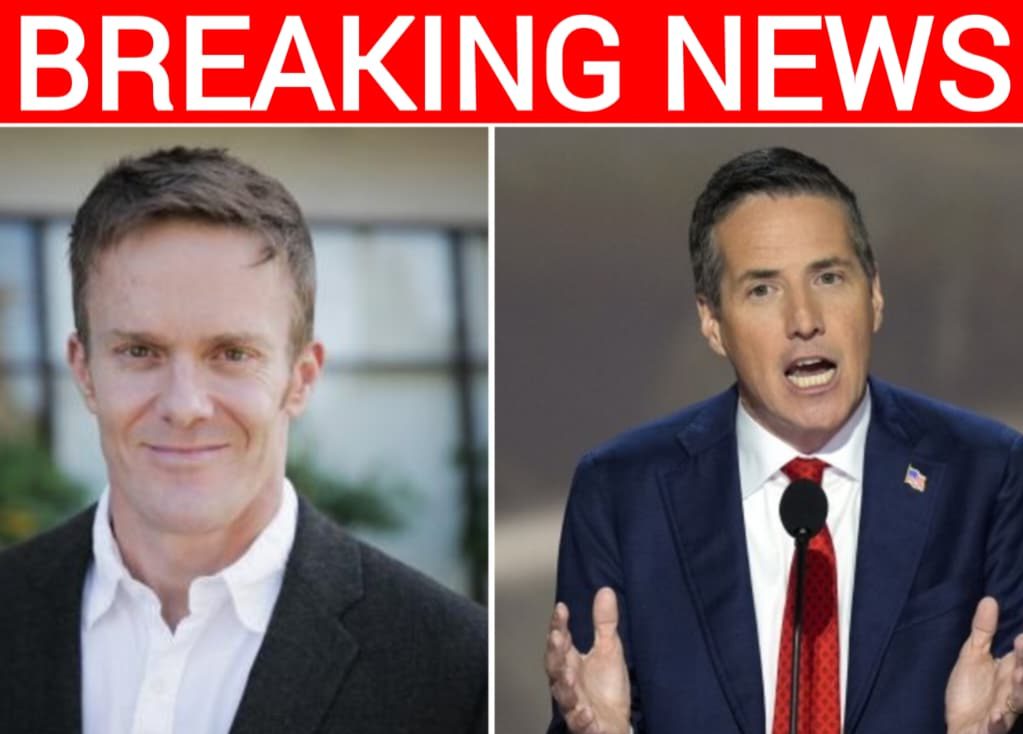Infectious Disease Specialist Jake Scott Admits to Senator Bernie Moreno He Was Wrong to Push Masking for All Two-Year-Olds During COVID
During the height of the pandemic, opinions from experts often shaped policies that directly impacted families, schools, and even the youngest of children. One of those voices was Dr. Jake Scott, an infectious disease specialist from Stanford University School of Medicine, who in early 2021 strongly advocated for masking children as young as two. At the time, his words carried weight, reflecting the fear and urgency surrounding a virus the world was still learning how to control. Fast forward to September 9, 2025, and the very same doctor sat before the U.S. Senate Homeland Security and Governmental Affairs Committee and openly admitted he had been wrong.
The exchange took place during a hearing titled “How the Corruption of Science has Impacted Public Perception and Policies Regarding Vaccines.” Ohio Republican Senator Bernie Moreno raised the issue directly, reminding Dr. Scott of his 2021 tweet that all two-year-olds should be masked. Rather than deflecting or doubling down, Dr. Scott offered something that has been rare in the heated debates about pandemic-era policies: humility. “I changed my mind … I’m admitting it,” he said, acknowledging before lawmakers, the public, and a room full of witnesses that his stance back then had been mistaken.
The moment was striking not only for the words themselves but for the reaction it drew. Applause broke out in the hearing room, a sign of how deeply the subject still resonates with parents and citizens who lived through years of uncertainty, rules, and conflicting guidance. For many, the idea of masking toddlers had always felt controversial. While some argued it was a necessary step to slow transmission, others worried about the developmental, psychological, and even health effects of covering the faces of children so young.
Dr. Scott’s admission came alongside other testimony that reinforced the doubts many had held. Experts pointed out that the U.S. Department of Health and Human Services, through its Head Start program, had mandated masks for children as young as two until a federal judge in Texas struck down the requirement in 2023. Additionally, studies had already begun to question the effectiveness and safety of such measures. One notable piece of research published in JAMA Pediatrics in June 2021 showed elevated carbon dioxide levels in masked children, with the authors concluding that young kids should not be forced to wear face coverings.
Looking back now, with the benefit of hindsight, it is easy to see how decisions were made under immense pressure. The pandemic was a time of fear, limited knowledge, and constant change. But what stands out in Dr. Scott’s case is not only that he once supported a controversial policy, but that he was willing to return years later and say, “I was wrong.” In a polarized world where apologies and retractions are rare, that kind of honesty is both surprising and refreshing.
The story of Dr. Scott’s admission is not just about masks, children, or even COVID itself. It is about the responsibility that comes with authority, the weight of words spoken in times of crisis, and the importance of reflection once the crisis has passed. Parents who struggled to make sense of shifting rules may feel some vindication in hearing a respected voice acknowledge mistakes. Policymakers may be reminded that science is a process of learning and adapting, not a fixed truth delivered once and for all.
Most of all, the moment serves as a reminder of how much trust matters. When experts admit they were wrong, it does not necessarily weaken the public’s confidence—it can restore it. People want honesty more than they want perfection. Dr. Scott’s words, “I changed my mind … I’m admitting it,” may be just seven words, but they carry the weight of four years of debate, frustration, and lived experience for millions of families across America.


